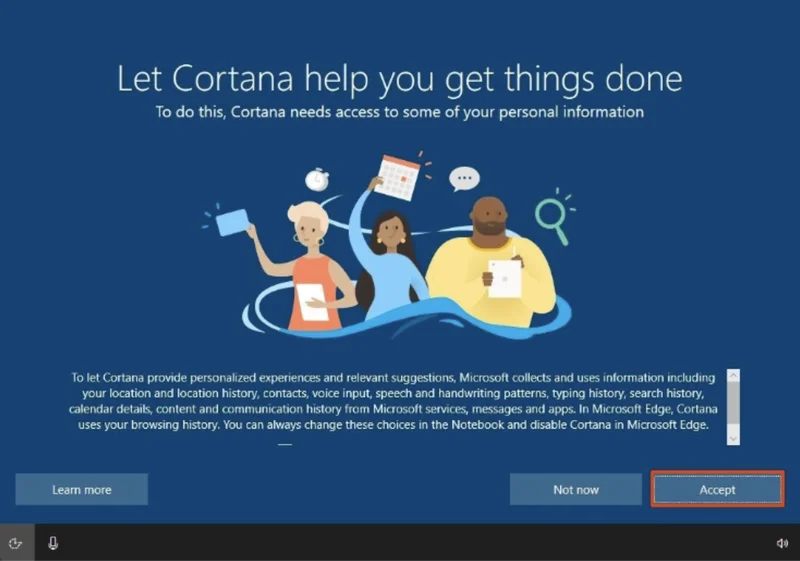So, Jerome Powell opened his mouth again. And just like that, the bond market had a collective panic attack.
You could almost hear the synchronized gasp from traders as the 10-year Treasury yield—that boring, esoteric number that secretly runs your life—shot back over 4%. One minute, everyone’s popping the cheap champagne, betting on more rate cuts. The next, Powell steps up to the podium, gives his best impression of a disappointed father, and suddenly the party’s over.
The Fed cut rates by a quarter-point, just like everyone expected. They even announced the end of their "quantitative tightening," which is just Fed-speak for "we're done sucking money out of the system." This was supposed to be the good stuff. The market was pricing in three more cuts by next summer. But Powell’s little speech, his "reluctance to signal more cuts," was all it took to send yields soaring. 10-year Treasury yield surges back above 4% after Powell says December rate cut far from certain. This is a bad idea. No, 'bad' doesn't cover it—this is a five-alarm dumpster fire of mixed messaging.
Are we supposed to have whiplash? Is that the goal here? Because it feels less like a carefully managed monetary policy and more like the Fed is a teenager who just got their driver's permit, slamming on the gas and then the brakes for no reason at all, making the rest of us in the backseat sick.
The Zombie Indicator That Won't Die
Let’s talk about the yield curve, because apparently, we have to. For more than two years—from July 2022 to August 2024—the 10-year Treasury yield was lower than the 2-year. This is what the finance nerds call an "inverted yield curve," and it has a better track record of predicting recessions than any Ivy League economist. It’s the bond market’s equivalent of a flashing red skull-and-crossbones sign.
And it wasn't a blip. It was a long, sustained warning that something was fundamentally broken. Now, the curve has technically "un-inverted," but it’s been dancing on a knife's edge, even dipping negative again as recently as September. The data shows the average lead time from the first inversion to a recession is about a year. We've been living on borrowed time for ages.

So what are we supposed to make of this? Are we meant to believe that this time, for the first time in modern history, the big scary signal was just a false alarm? That the economy is magically immune to the laws of financial gravity? I'm supposed to swallow that while the 30-year fixed mortgage is somehow at a one-year low of 6.19%? It makes absolutely no sense. It's like the weather report is calling for a hurricane, but my neighbor is outside watering his lawn. Who is the crazy one here?
Then again, maybe I'm just a cynic. Maybe there is some 4D chess happening here that my simple brain can't grasp. But I doubt it. The simplest explanation is usually the right one: they're just as lost as the rest of us.
The Real Game Being Played
Here's the part they don't say out loud. The Federal Reserve isn't managing the economy anymore. It's managing your expectations. The entire game is psychological.
Powell’s job isn't to fix inflation or guarantee employment; it's to stand in front of a microphone and say just enough to keep Wall Street from completely losing its mind, but not enough to give anyone a clear path forward. He has to sound tough on inflation to appease the hawks, while simultaneously leaving the door open for cuts to keep the markets addicted to cheap money. It’s an impossible tightrope walk, and he’s doing it over a canyon filled with our 401(k)s.
They talk about prioritizing the "labor market softness," but their actions scream that their real priority is preventing a full-blown market meltdown. The announcement that they'll end the balance sheet runoff is proof. They're terrified of what happens when they actually turn off the spigot. They know this whole thing is a house of cards built on a decade of free money, and they are desperately trying to remove one card at a time without the whole thing collapsing.
And we’re all just sitting here, watching them, pretending this is normal. We analyze their every word, every comma in their press releases, as if we're deciphering ancient scripture. Offcourse, none of it really matters in the end. They'll do what they have to do to protect the system, and the rest of us will just have to deal with the consequences...
So, We're All Just Pretending, Right?
Let's be real. This isn't economics; it's performance art. The Fed knows the market is a spoiled child that throws a tantrum every time it hears the word "no." Powell is just the exhausted parent trying to negotiate with a toddler in the candy aisle. There is no grand plan. There is no soft landing. There's just a bunch of guys in suits hoping to kick the can down the road long enough for it to become someone else's problem. And we're all playing along.

